Students Invent Door Handle for Public Bathrooms That Can Clean and Sanitize Itself
Using inexpensive ingredients to invent a self-sanitizing door handle, two University of Hong Kong students are finalists for the Dyson Award.
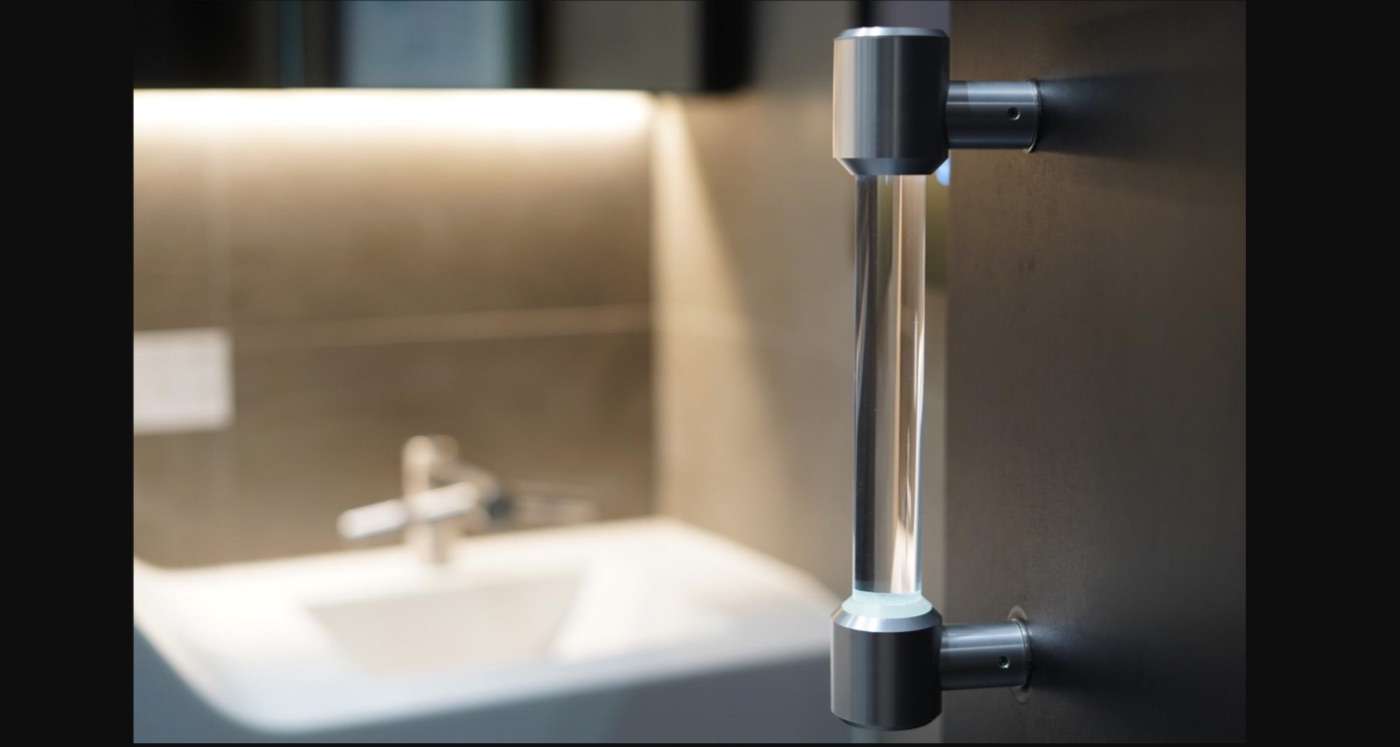
Using inexpensive ingredients to invent a self-sanitizing door handle, two University of Hong Kong students are finalists for the Dyson Award.
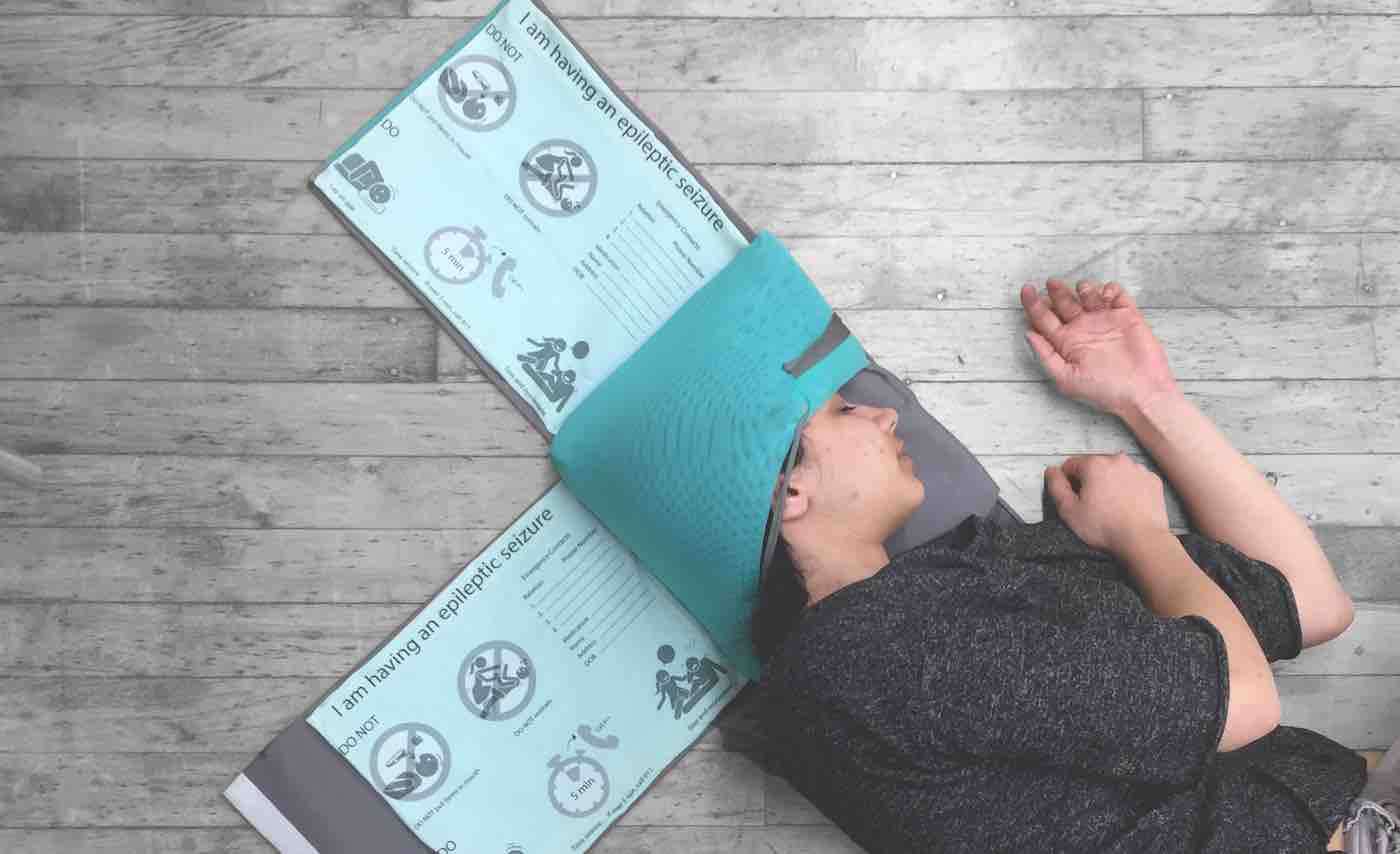
This brilliant Cocoon device for epileptics has been named as one of the top 20 finalists for the prestigious James Dyson Award of 2019.
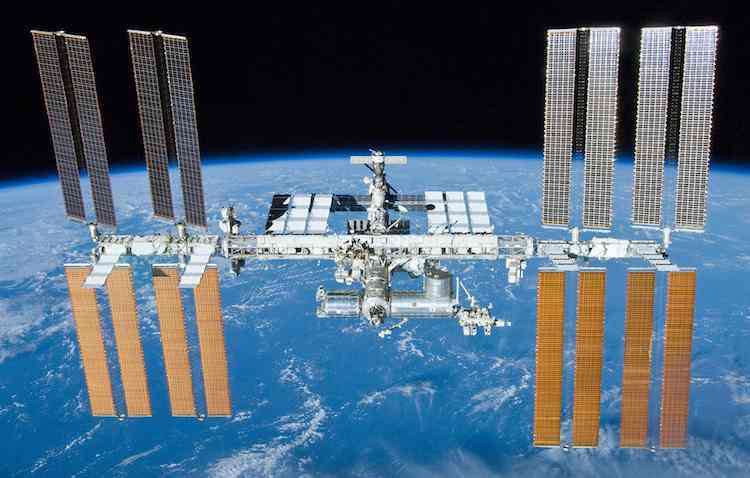
The project is a groundbreaking proof-of-concept initiative which means that humans can grow nutritious food without the Earth's natural resources.
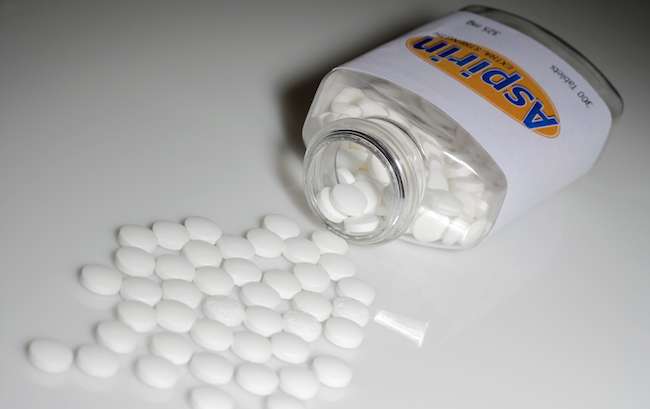
Though the study showed that aspirin was the best at reducing the harmful effects of particulate matter on the lungs, other NSAIDS showed the same benefits.
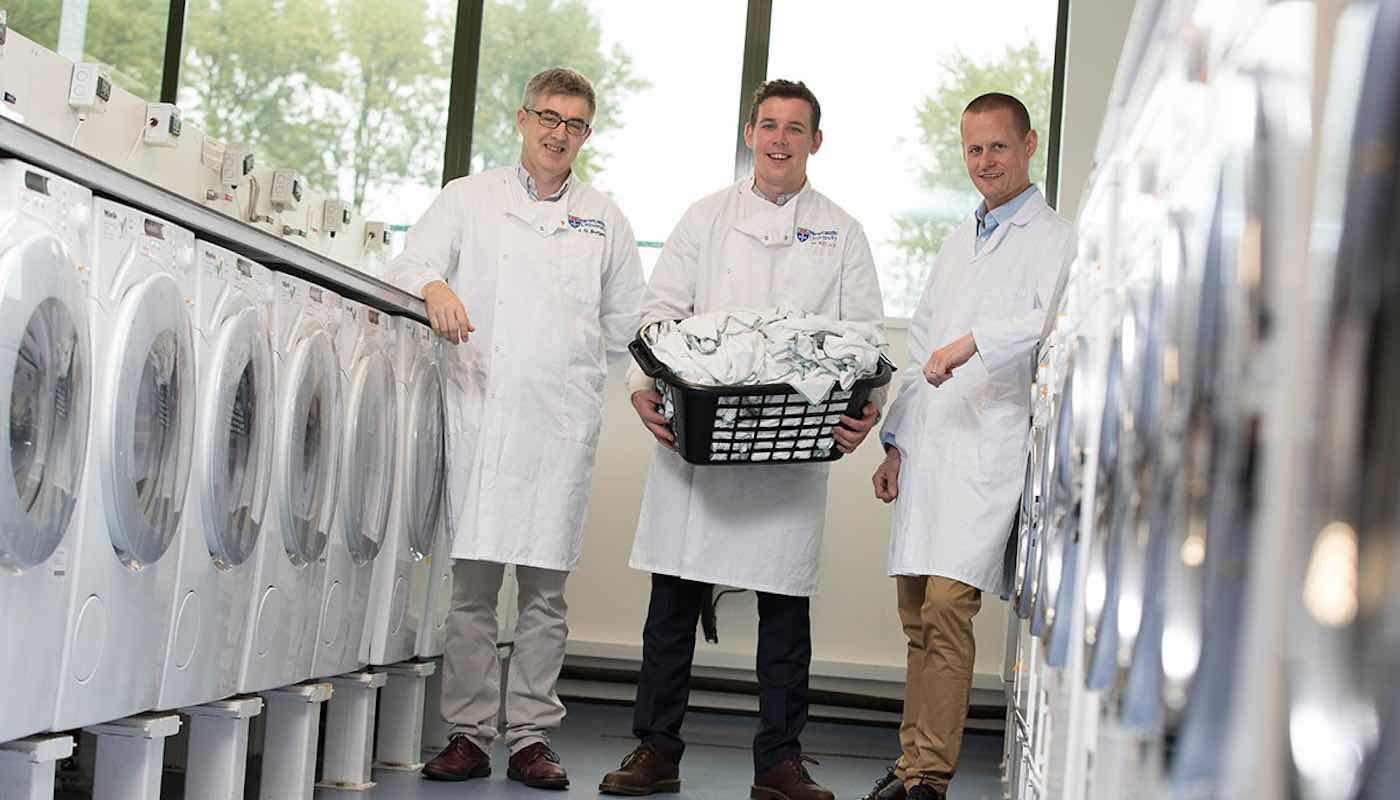
Scientists have uncovered yet another way that we can do our part to help keep oceans clean-all we have to do is ditch the "delicate" wash cycle.
The UCLA Bedari Kindness Institute is set to support kindness research and create opportunities to translate that research into real-world practices.
These simple, wearable lasers have been shown to prevent "freezing of gait"-and its creators have just been given the money to bring the devices to the US.
The exciting new research says that millions of people with undiagnosed cancer could get treatment for the disease before it even starts to show symptoms.
This "breakthrough" device has now helped to restore vision for 6 people who have gone blind as a result of sickness or injury-and it could help many more.
This AI-monitored bioreactor can capture and sequester the same amount of carbon as an acre of trees in one year.
This noninvasive, low-cost, hair-growth-stimulating technology is powered simply by the wearer's movements—and it's small enough to wear under a hat.
This vaccine study involving 5,400 men and women infected with HIV, is the first human trial since the RV144 study in Thailand 7 years ago.
Researchers at UC Berkeley have developed a heart on a chip that could eventually replace laboratory animals in drug testing, while also lowering the cost of drug development.
If this gel continues to prove successful, it could be a huge breakthrough in fighting "one of the greatest obstacles" to conquering cancer.
This past year saw giant leaps in how we cure cancer, treat Alzheimers and prevent Ebola. Here are ten positive breakthroughs in health and science this year.
A new discovery of how Alzheimer's disease destroys connections in the brain opens the door for new treatments and a possible cure or prevention.
A new study from MIT suggests that short-term memories lost to patients are still stored in the brain —and may be recoverable.
For patients with a deadly skin cancer and few treatment options, a drug to boost their immune systems has left 15% with no sign of cancer 3 years later.
A new test can detect every virus that plagues a human and animal, and even find diseases doctors weren't looking for.
A year ago, when chemotherapy stopped working against his leukemia and he had nothing to lose, William Ludwig signed up to be the first patient treated in a bold experiment. Doctors removed a billion of his T-cells and re-engineered them before reinsertion. A few weeks later, his leukemia was gone.
Recent Stories
A Heartfelt Reminder to Appreciate the Ones We Love
Cherish the Woman Who Stands by You
Breaking Generational Cycles of Pain
Living by Your Own Values, Not Others' Approval
When Life Brings Rain, It’s Okay to Rest
Before You Judge Someone's Life, Take a Moment to Walk in Their Shoes.
A Friend Who Spreads Gossip is Not a True Friend at All
The Value of Human Connection Over Digital Convenience
The Quiet Kind of Love
One Day, Your Mom Won’t Call You Anymore
I’ve reached a point in my life...
Happiness is a mindset, a conscious choice we make every day